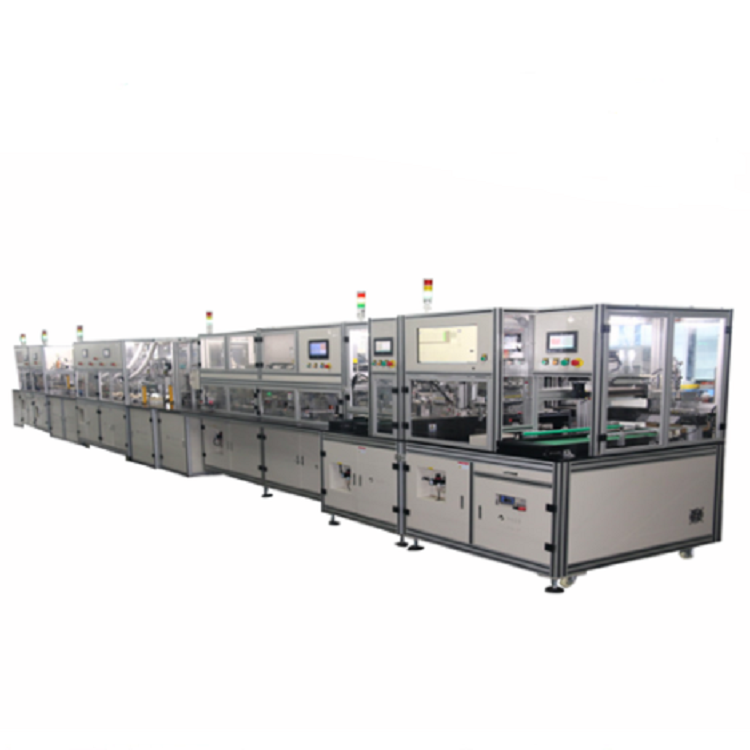

A car battery manufacturing line is a facility designed for the research, development, and initial production of car batteries on a smaller scale. It serves as an intermediate step between laboratory-scale experimentation and full-scale mass production. Here are some key aspects and considerations related to a car battery pilot plant:
Research and Development:
Prototyping: The car battery manufacturing plant allows for the production of prototype car batteries to test and validate new designs, materials, and manufacturing processes.
Performance Evaluation: Various testing and characterization techniques are employed to assess the performance, efficiency, and safety of the batteries under different operating conditions.
Process Optimization: The pilot plant enables the optimization of battery manufacturing processes, such as electrode preparation, cell assembly, and pack integration, to improve efficiency and quality.
Equipment and Production Capacity:
Battery Manufacturing Equipment: The pilot plant is equipped with machinery and tools specific to car battery production, including electrode coating machines, stacking and assembly systems, formation equipment, and testing instruments.
Scalability: The equipment in the pilot plant is designed to handle a smaller volume of production compared to a full-scale manufacturing facility. However, it allows for scalability and the ability to replicate processes on a larger scale in the future.
Quality Control and Safety:
Quality Assurance: Strict quality control measures are implemented to ensure that the batteries produced in the pilot plant meet the required specifications, performance standards, and safety regulations.
Safety Protocols: The pilot plant adheres to safety protocols to protect workers and prevent accidents or incidents during the manufacturing process.
Process Validation and Certification:
Process Validation: The pilot plant enables the validation of manufacturing processes, ensuring that they are capable of consistently producing high-quality car batteries.
Certification: Depending on the region or market, the pilot plant may undergo certification processes to comply with industry standards, regulations, and safety requirements.
Collaboration and Knowledge Sharing:
Collaboration: The pilot plant serves as a platform for collaboration between researchers, engineers, and industry partners to exchange knowledge, expertise, and insights to advance car battery technology.
Knowledge Transfer: Findings and lessons learned from the pilot plant can be shared with the broader scientific community and used to inform future research and development efforts.
Cost Considerations:
Investment: Establishing a car battery pilot line involves significant upfront investments in equipment, infrastructure, and skilled personnel.
Return on Investment: The pilot plant aims to generate valuable data and insights to support decision-making processes and justify further investments in full-scale production.
A car battery pilot plant plays a crucial role in the development and validation of car battery technologies, allowing for iterative improvements, performance optimization, and ultimately facilitating the transition to large-scale production.
No. 5 Nanshan Road, Huli District, Xiamen City, Fujian Province, China
 Subscribe to us
Subscribe to us ONLINE
ONLINE Louis@lithmachine.com
Louis@lithmachine.com +0086 15959378975
+0086 15959378975